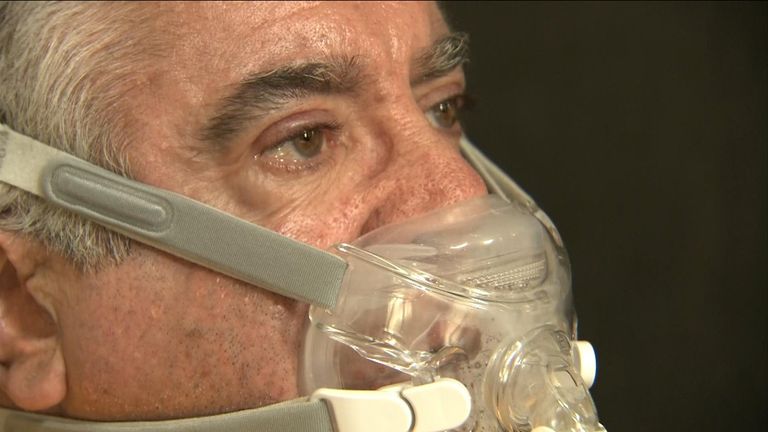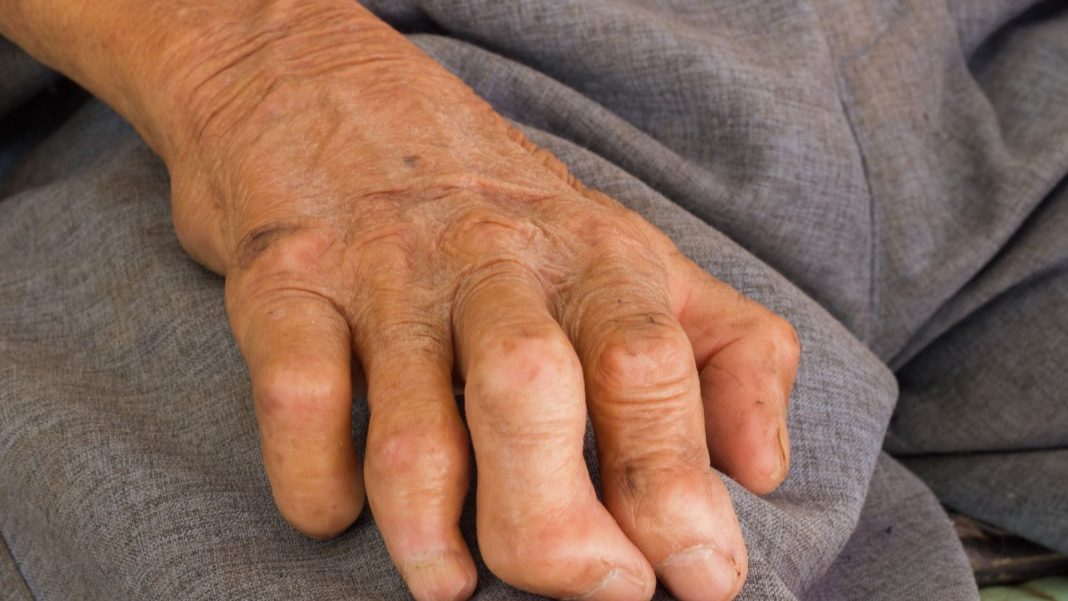Leprosy could be endemic in the US state of Florida, a new report has found.
Officially called Hansen’s disease, leprosy is a type of bacterial infection that targets the nervous system and causes swelling under the skin.
A new report, published in the US-based Emerging Infectious Diseases journal, found cases in the southwest of America have doubled in the last decade.
It adds Central Florida has a disproportionate share of cases, indicating it could be endemic there, meaning the disease has a consistent presence in the region’s population, rather than occurring in one-off outbreaks.
The report said: “According to the National Hansen’s Disease Program, 159 new cases were reported in the United States in 2020; Florida was among the top reporting states.
“Central Florida, in particular, accounted for 81% of cases reported in Florida and almost one-fifth of nationally reported cases.”
In a particular case highlighted by the report, a 54-year-old landscaper who did not have any known contact with infected animals or people, and had not travelled to countries where the condition is typically found, had contracted the disease.
There have been 15 reported cases of leprosy in Florida in 2023, with the majority in Brevard County, NBC News reports.
Brevard Country tales in Port Canaveral, a major cruise ship dock in Florida, as well the Kennedy Space Centre.
Speaking to an affiliate of NBC News, Sky’s US partner network, Dr. Nicole Iovine, chief hospital epidemiologist and an infectious disease physician at the University of Florida, said leprosy can present a rash with pigmented, scaly lesions, as well as disfigurement on the face and hands.
“If you have something that’s like a few centimetres on your arm, and you can’t feel it, that’s going to be different from a typical rash, which is going to be itchy,” she said.
Please use Chrome browser for a more accessible video player

2:09
One in five to have major illness by 2040
Read more:
Leprosy bacteria may have ability to regenerate livers
‘Cancer-killing pill’ now being tested on humans
It is not completely understood how the condition spreads between people, but scientists’ current thinking is the bacteria is transmitted through droplets from coughs or sneezes, or prolonged contact with an infected person.
There is also evidence that contact with armadillos, which naturally have leprosy-causing bacteria, can also cause people to get ill.
The condition is treatable, with antibiotics typically offered to patients – however if it is left untreated it can lead to paralysis and blindness.







